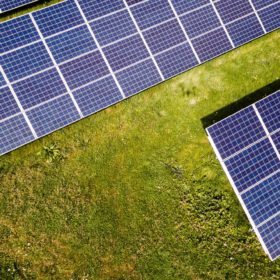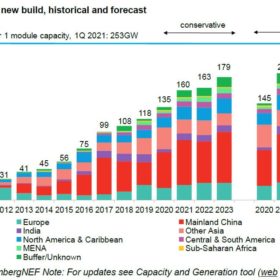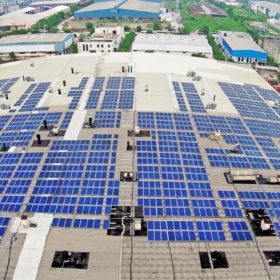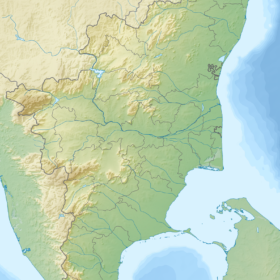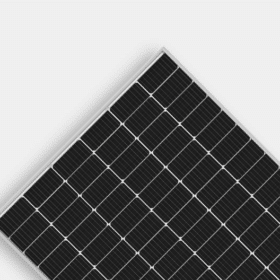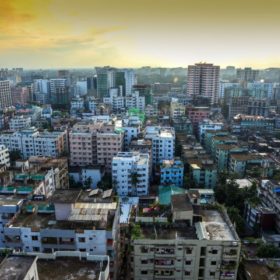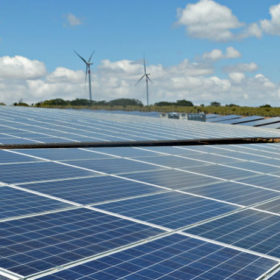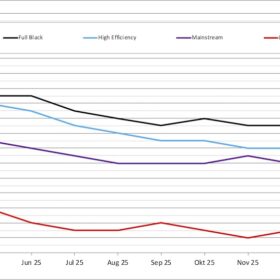Indian trough highlighted by Chinese solar glassmaker
Xinyi Solar has posted bullish annual figures on the back of an astonishing rebound in the global market following Covid travails at the start of 2020. There is one national market, however, which has not been invited to the party.
Ieefa proposes a three-pronged approach for grid firming
A new report discusses battery storage, green hydrogen, and flexible coal-fired power generation as key grid firming options for India as solar and wind are poised to form 51% of the nation’s total installed generation capacity by 2030.
BloombergNEF expects up to 209 GW of new solar for this year
A new report from the U.S.-based analyst predicts that new PV additions for 2021 may range from 163 to 221 GW next year and from 179 to 240 GW in 2023. According to BloombergNEF, the current supply bottlenecks for glass and polysilicon will unlikely halt the global PV market.
Rooftop solar: How to mitigate the impact of a new net metering limit
A net feed-in tariff could offer a solution for consumers, developers, and distribution companies.
India eyes 10 GW of ingot-to-module solar factory capacity within two years
Under a production-linked incentive scheme, the government will reward manufacturers for building vertically integrated PV production lines. The scheme aims to attract 10 GW of production capacity by April 2023.
Tamil Nadu could save INR 35,000 crore with shift from coal to renewables
A new report suggests that the State shut down 3.1 GW of old coal plants and replace the lost generation with renewables. It also advocates switching from expensive power (tariffs > INR 4/kWh) to renewable energy (which now costs INR 3/kWh or less) and halting the construction of new coal plants.
Longi launches 420 W panel for rooftop applications
The monocrystalline module provider added a new product to its Hi-MO 4 series. The new panel has a power output of 410/420 W and a conversion efficiency between 20.5% and 21.0%. The width of the module is standardized, while three different length options can be chosen to maximize capacity in a rooftop project.
Bangladesh joins hydrogen energy race
The Bangladeshi government has launched a pilot hydrogen production project as part of its effort to reduce the country’s dependency on fossil fuels and accelerate the transition to clean energy.
Developers’ body seeks wind-solar hybrid relaxations in Maharashtra’s RE policy
The National Solar Energy Federation has asked the State to consider a 15-year electricity duty exemption, transmission charges on the entire capacity instead of per-kWh basis, and delinking of the secondary RE source capacity from the rated power capacity of the primary RE source to promote hybrid project deployment.
Hybrid renewable tariffs unlikely to match PV-specific
Uncertainty around generation compensation in the event of curtailment due to grid safety reasons and the requirement to maintain at least 33% wind project share in the total contracted capacity are among the deciding factors in tariff assessment.
